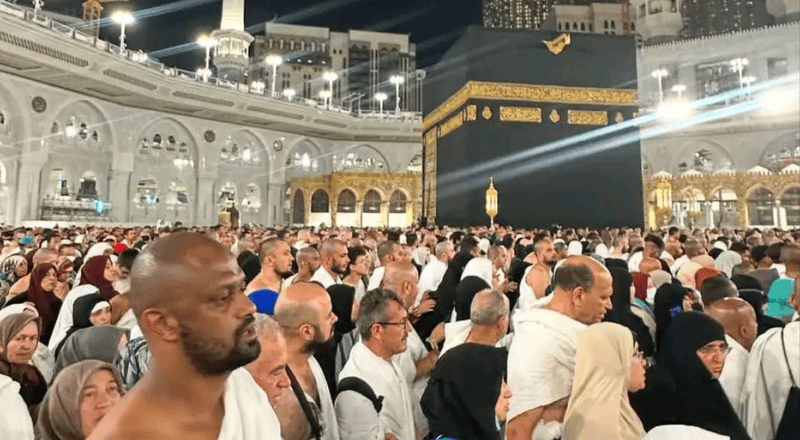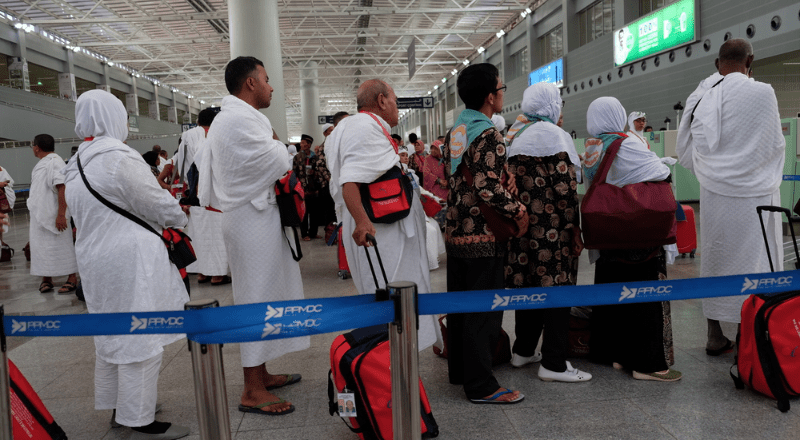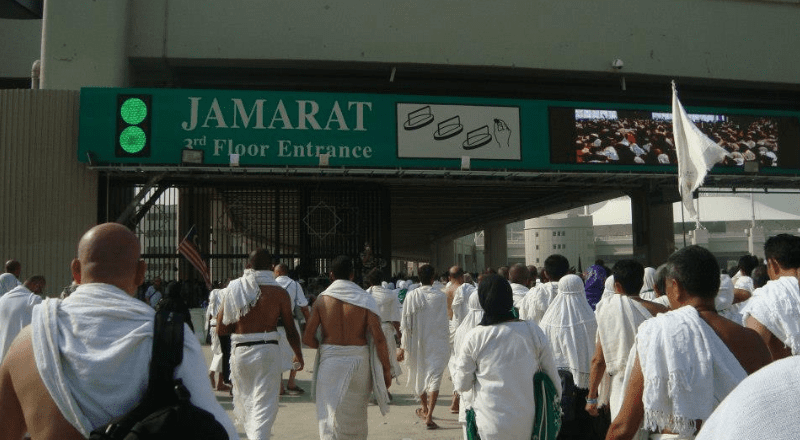What is it about Hajj that makes it such a spiritual experience? How can you get the most out of your Hajj? As the Hajj time approaches, people speed up their preparations for the holy journey. However, before setting out, it is important to understand the significance of different acts of Hajj worship. In this article we explore the spiritual relevance of the variance rituals.
The Spirit of Hajj Worship
Hajj is the culmination of Islam. It is a once in a lifetime experience in which a Muslim practices every teaching of Islam. The Muslims witness Allah’s miracles in this journey, the biggest of which is how their soul transforms. Despite harsh weather, massive crowds, and miles of walking, the pilgrims feel refreshed and rejuvenated. Hajj is a blessing for the believers as it brings enormous reward and bounties.
Significance of Various Rituals
Every step of the journey has spiritual relevance that brings a person closer to Allah. Let’s discover how these rituals enhance a person’s piety.
● Intention
Islam lays great stress on intention. According to a hadith, Allah judges the actions by intention. The spirituality of Hajj begins with a sincere intention. Hajj is not an ordinary holiday trip. It is an answer to Allah’s invitation to His House. The aspiring pilgrim must intend to please Allah. He must remember his intention throughout the journey. Consequently, he will not indulge in vanity and show-off which is against the spirit of Hajj.
● Ihram
Ihram is more than a garb. It is a pure state in which the pilgrim must enter before starting his Hajj. The plain white cloth exemplifies purity, simplicity, and unity. These are at the core of Islamic teachings. Moreover, the cloth resonates with the shroud. It reminds the believer that this world and everything within it is temporary. Only our faith and deeds will go with us to the eternal abode. Hence, Ihram is a way to announce detachment from all the worldly things and connect with Allah alone.
● Tawaf
Walking around the Holy Kabah is an act of submission to Allah’s will. Success comes to those who spend their lives according to Allah’s teachings. Similarly, walking around Kabah seven times makes the pilgrim realize how deviated he has been from the Guided Path. He looks at Kabah and cries with embarrassment. He begs for forgiveness and vows to never deviate from the Straight Path again.
● Sai
Sai is a homage to the great resilience and steadfastness shown by Hazrat Hajra. Not even once did she doubt Allah’s mercy. She firmly believed if Allah has commanded Hazrat Ibrahim (AS) to leave them in the deserted lands, then Allah will not leave them in despair. She ran between the hills of Safa and Marwa seven times in search of a soul. Allah granted her a relief that quenches the thirst of millions of people every day.
The pilgrim must reflect on the great sacrifice of Hazrat Hajra and pray to Allah to give such strong faith. He must pray to show such mercy to him as He showed to Hazrat Hajra.
● The Day of Arafat
The Day of Arafat is one of the biggest days of the year. There is immense reward for worship on this day. The scenes at Arafat resonate how the situation would be on the Day of Judgement. Everyone would be scattered around, helpless and desperate. Allah would present everyone’s account of deeds on this day. As the pilgrims stand on the plains of Arafat, they try to picture the Catastrophe of the Day of Judgement. They cry incessantly, realizing their shortcomings and Allah’s divine mercy. They beg for forgiveness and vow to Allah to spend the rest of their lives according to Allah’s will.
● The Night at Muzdalifah
After an exhausting day at Arafat, the pilgrims spend night in Muzdalifah. This is another soulful experience of Hajj. The pilgrims spend the night beneath the sky. They think about their past life and how they should rectify their mistakes. It is like a healthy break and a chance to plan the life ahead.The pilgrims spend the night supplicating to Allah.
● Rami
Stoning the devil at Jamarat is a symbolic act to denounce temptations of the devil. It is a vow to remain steadfast on the Guided Path. The pilgrims pray to Allah to grant them with the strength to resist worldly temptations.
● Slaughtering of Animal
Muslims follow the sunnah of Hazrat Ibrahim (AS) and slaughter an animal for Allah. This act symbolizes the belief that everything we have belongs to Allah and we are ready to sacrifice it all. The Muslims pray to Allah to accept their sacrifice just as he accepted Hazrat Ibrahim’s (AS).
● Tawaf al-Ifadah
The farewell tawaf is one of the special rituals of Hajj. It is an emotional feeling as one feels sorrowful about being parted from the Holy Kabah. The pilgrim feels grateful to Allah for his overwhelming hospitality. He pleads to Allah to call him again and again to the holy land.
To Conclude
Hajj is a life-changing journey that could only be truly understood through experience. Therefore, it is important that all the arrangements are meticulous for a fulfilling trip. The tour agency has a vital role to play here. If you are doing Hajj from New York, consider a top-rating company like Dawn Travels. It has the best services. Such companies combine comfort with spirituality for a memorable experience.



